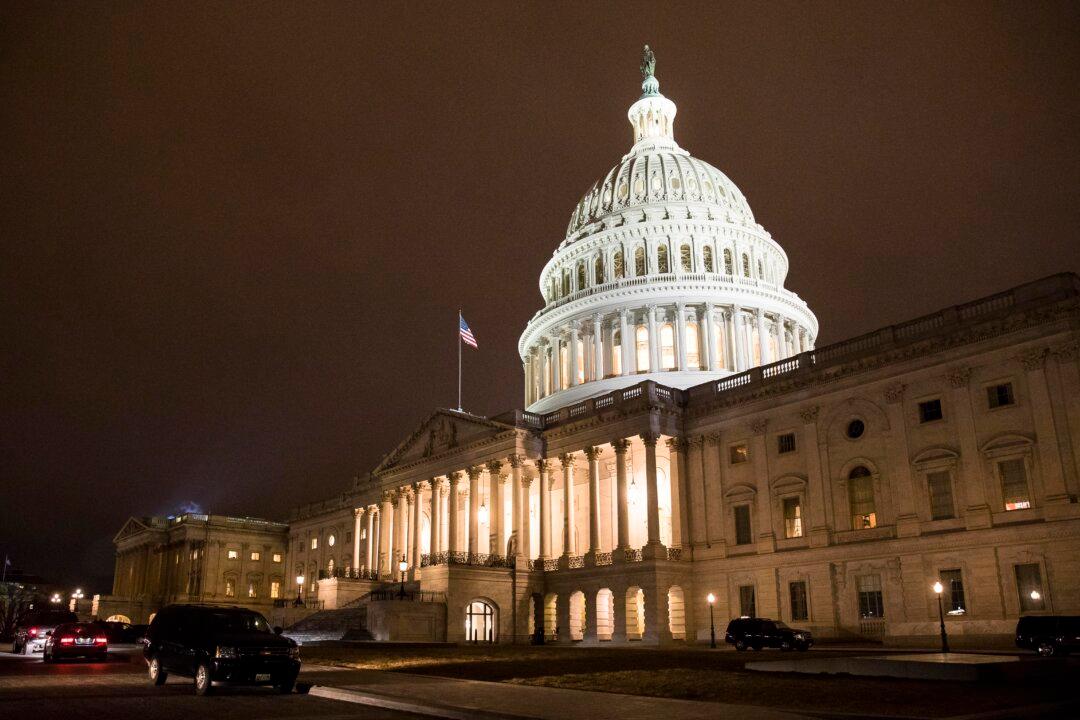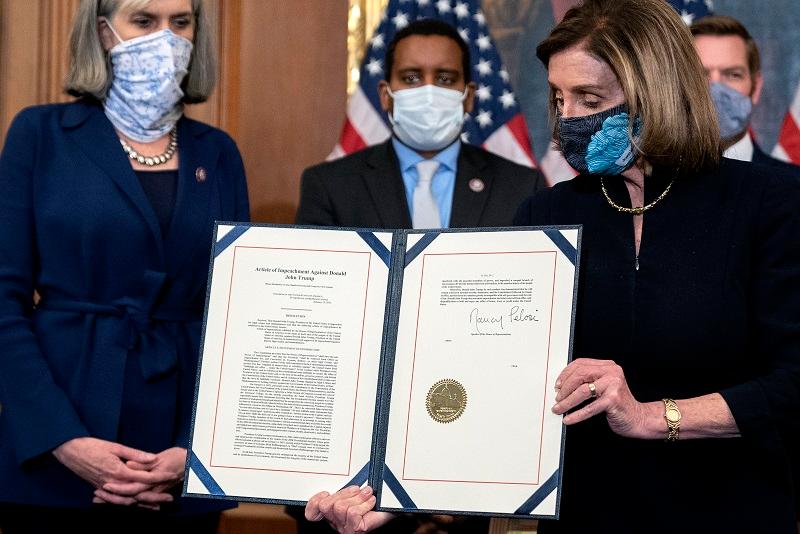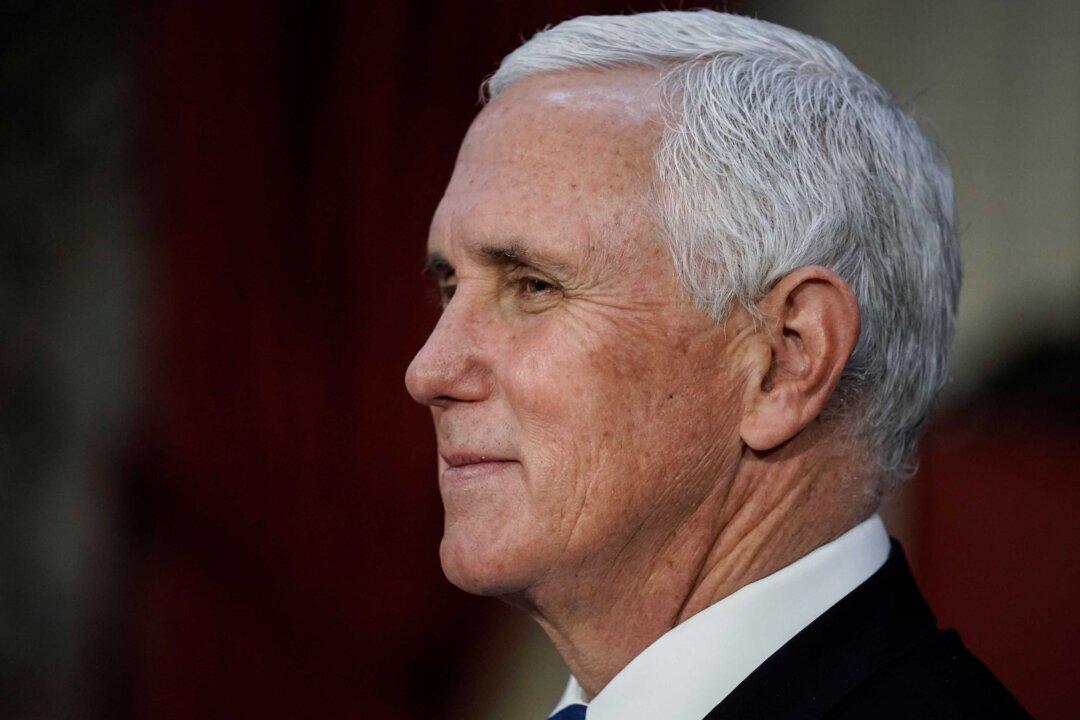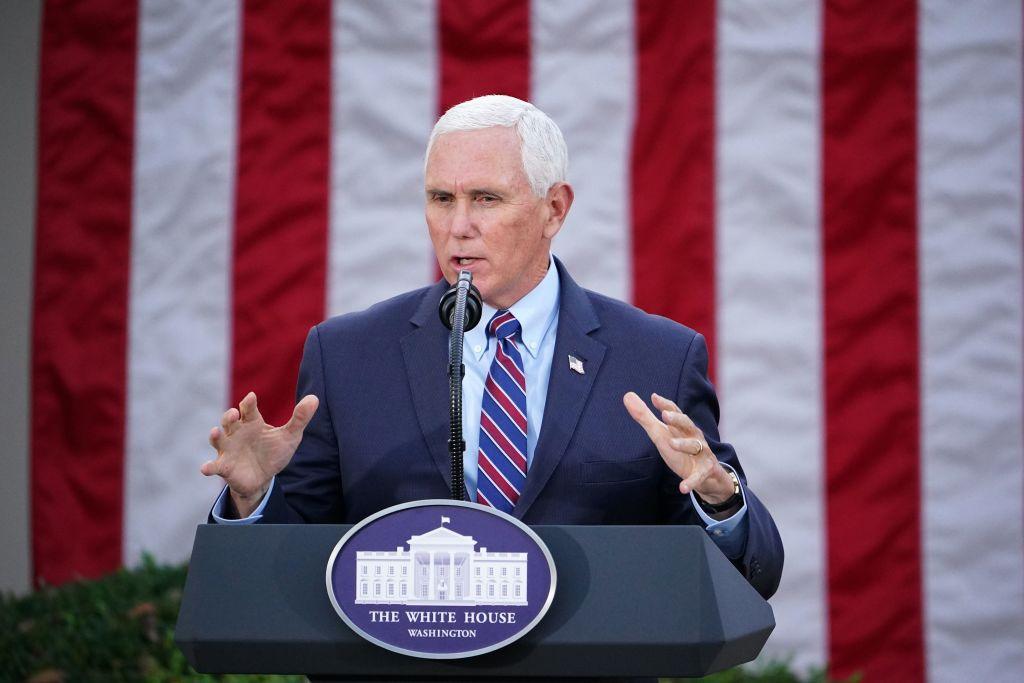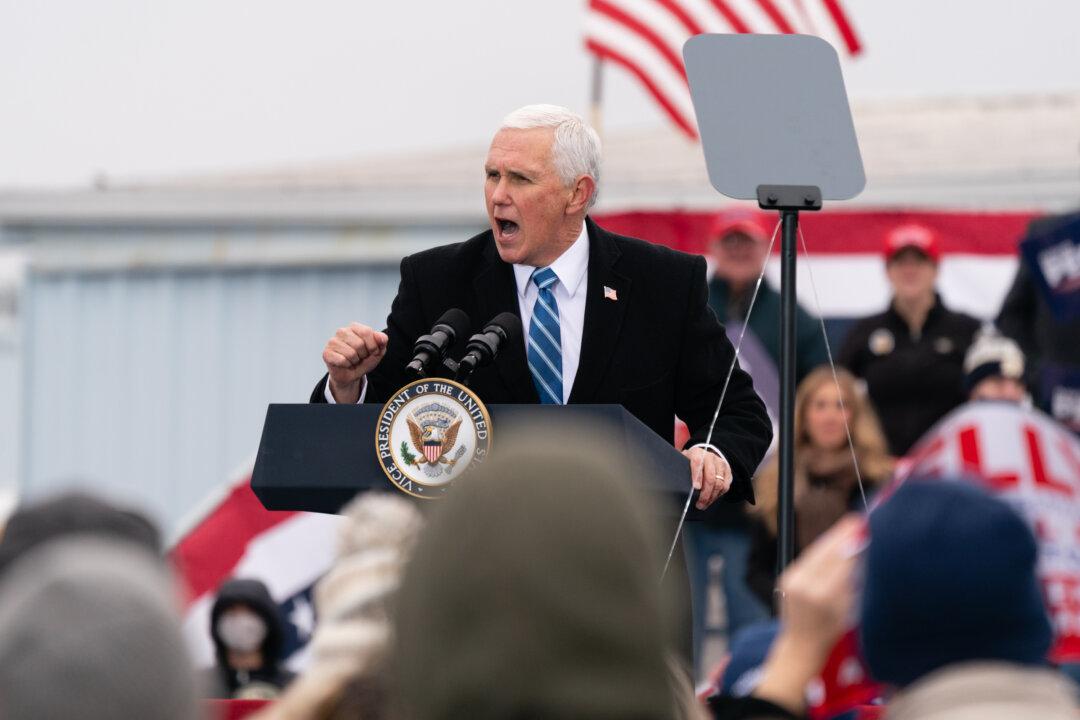Commentary
A controversy has emerged over whether the anonymous “whistleblower”—whose complaint about the July 25 call between President Donald Trump and Ukraine President Volodymyr Zelensky led to the impeachment inquiry—should be identified and appear as a live witness or anonymously answer written questions submitted by Trump’s lawyers.
